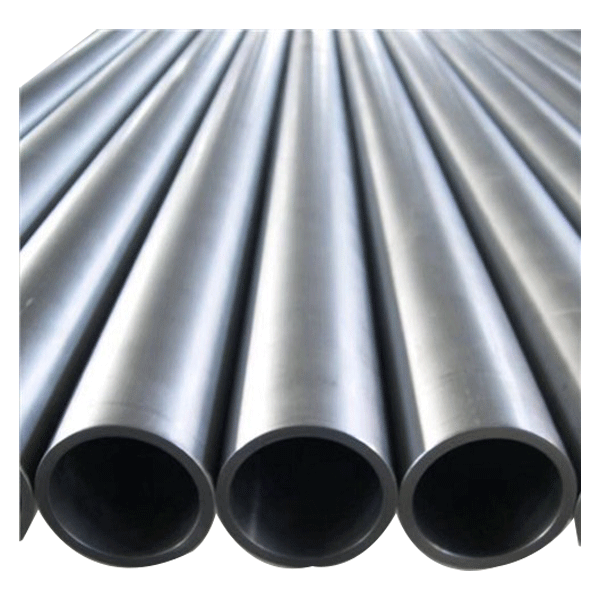Nickel alloy tubes are a type of tubing made from nickel-based alloys. These tubes are highly corrosion-resistant and can withstand extreme temperatures and pressures, making them ideal for use in a variety of industries, including aerospace, chemical processing, and oil and gas. This essay will discuss the properties, uses, and benefits of nickel alloy tubes.
One of the primary advantages of nickel alloy tubes is their exceptional corrosion resistance. These tubes are highly resistant to corrosion caused by chemicals, acids, and saltwater, making them ideal for use in harsh environments. This property is especially important in the oil and gas industry, where tubing is subjected to highly corrosive fluids.
Another advantage of nickel alloy tubes is their ability to withstand extreme temperatures and pressures. Nickel alloys are known for their high melting points and excellent thermal stability, which makes them ideal for use in high-temperature applications such as furnaces and boilers. They are also highly resistant to thermal shock, which means they can withstand sudden changes in temperature without cracking or breaking.
Nickel alloy tubes are also highly durable and long-lasting. They are resistant to wear and tear, making them ideal for use in applications that require a high level of durability, such as aerospace and defense. Additionally, they are highly resistant to deformation, which means they can maintain their shape and structural integrity even when subjected to extreme forces.
Nickel alloy tubes are also highly customizable. They can be produced in a wide range of sizes, shapes, and thicknesses to meet the specific needs of different applications. This makes them ideal for use in industries such as automotive and construction, where different sizes and shapes of tubing are required for different applications.




 English
English 中文简体
中文简体











